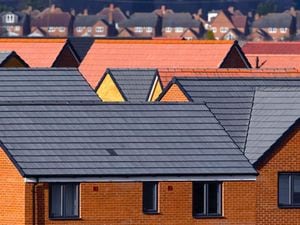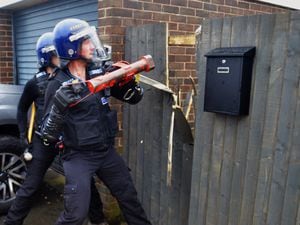Express & Star comment: Greenbelt should be protected
Environmentalists are clamouring for there to be a green agenda. And many ordinary people are clamouring to get on the housing ladder.

Look out onto open, flat fields, and what do you see? Do you see a pleasant rural vista, or do you see an opportunity to relieve the housing shortages by covering said open flat fields with new homes?
There will be readers who have winced and mourned as they have seen cherished open spaces built over, and before coronavirus the pace of development seemed to have been accelerated everywhere. You could return to a place after just a few months away and find new houses going up.
The issue, and the dilemmas which lie behind it, are brought into sharp focus today by a report published by the Campaign for the Protection of Rural England.
The CPRE's annual State of Greenbelt report reveals there are currently 257,944 homes proposed to be built on land removed from the green belt, a 475 per cent increase on the figure for 2013.
And it contends that this will do nothing to help those who are trying to get a foothold on the housing ladder, because only one in 10 of those new homes will come in the "affordable" bracket.
The reason that land is in the green belt in the first place is to stop urban sprawl. It is part and parcel of having a coherent planning policy.
The pressure to build on green belt land is coming both because of demand for new housing, but also because building on virgin land avoids all the complications of preparing brownfield sites, such as former industrial areas, for building. In that sense it is a fundamentally lazy solution.
Once it is gone, it is gone, and the damage has been done. Meanwhile you only have to walk around our towns and cities to see empty properties, including closed pubs and shops, and vacant sites which, with a bit of investment, could be given new life as homes, which would in turn give renewed vitality to places going through tough times.
It would take will, vision, and money. Destroying green belt involves the opposites – lack of will, lack of vision, and a desire to save money at the cost of the environment.





